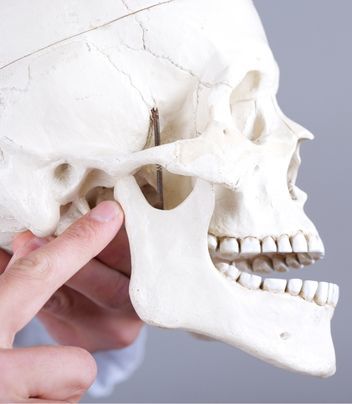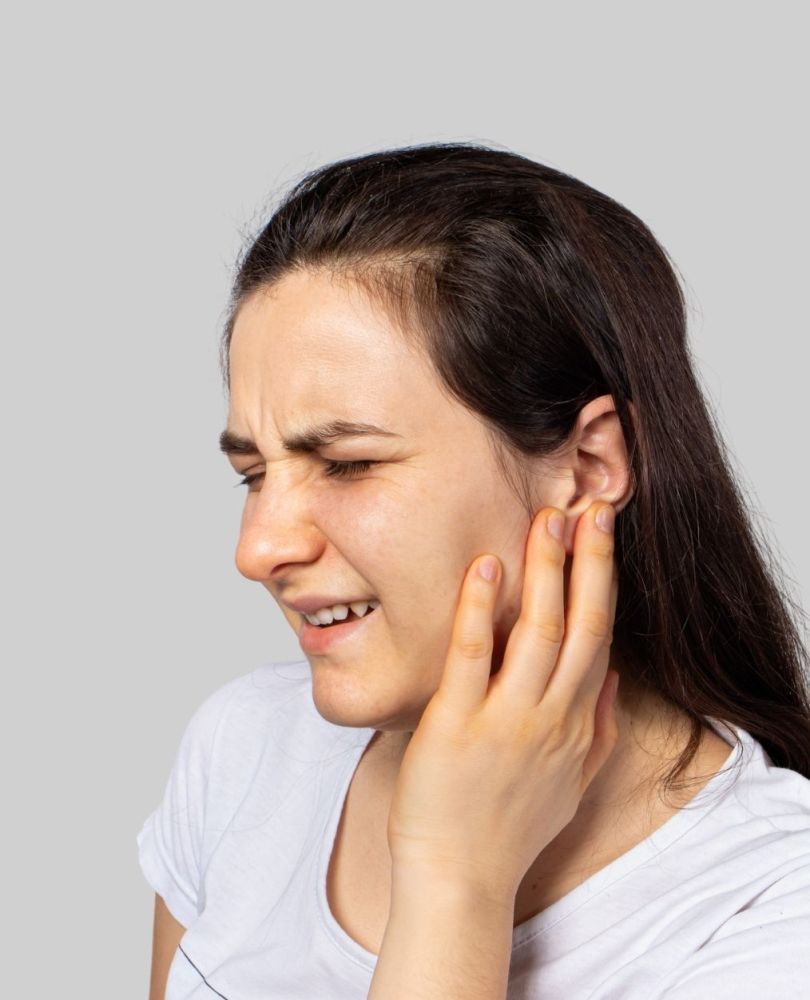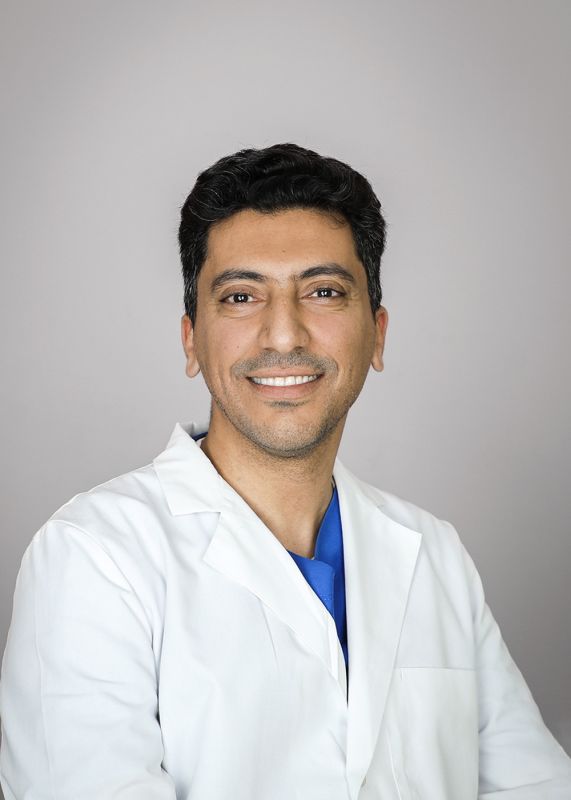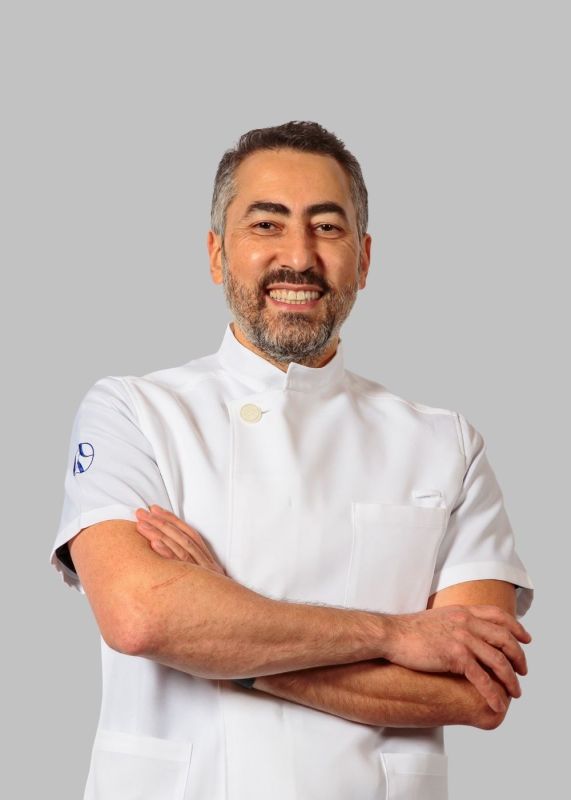

Don’t let pain stop you from enjoying the life you deserve.
Many people deal with occasional headaches, and physicians report them as the most common in-office complaint. Medical providers often overlook the temporomandibular joints (TMJ) and facial muscles as a source of head and neck pain, but Kharsa Clinics has expertise in the complexities of this region. We offer answers for pain-free living and peace of mind.
Read MoreMost Commonly Asked Questions
How do I know if I have Temporomandibular Joint (TMJ) dysfunction?
TMJ dysfunction can cause various symptoms, such as pain or tightness in the facial muscles, frequent headaches, limited mouth opening, or unusual sounds in the jaw joint when moving the mouth. If you experience any of these symptoms, it’s important to consult your dentist for further evaluation. At Kharsa Clinics, we combine advanced diagnostic tools with years of experience to uncover the root causes of TMJ dysfunction. This allows us to develop personalized treatment plans for optimal results.
What causes jaw and TMJ pain?
Pain in the face and neck may have several causes, and our clinicians review multiple sources prior to making a diagnosis. Most of this pain originates in muscles, but a dental abscess, neuralgia, vascular, or joint disorder can also cause discomfort that radiates throughout the region. Our doctors use 3D imaging for detailed analysis whenever needed. Teeth clenching and grinding, known as bruxism, often aggravates jaw pain, but a poor bite relationship can also contribute to discomfort.
Is jaw or TMJ pain like other headaches?
TMJ headaches often mimic other types of headaches and are the most misunderstood of all. Approximately twenty classifications of Temporomandibular Disorders (TMD) are recognized, yet medical doctors rarely explore them. This broad category of acute and chronic pain conditions deserves a thorough evaluation before linking the headache to TMJ dysfunction. We would be happy to do an evaluation to rule out or confirm the relationship between the headaches and TMJ dysfunction.
How does teeth grinding create jaw pain or headaches?
When you clench your teeth, you can feel the muscles on both sides of your face contract. These chewing muscles can generate up to 300 pounds per square inch on your teeth and stress the jaw joints, too. Like any overused muscle and joint, these areas can radiate pain in the area or into other parts of your head. In these cases, we start by evaluating the activity of your facial muscles with advanced diagnostic technology. For many cases, we use this data to design a plan with conservative appliance therapy combined with medications and muscle therapy. This customized approach can significantly improve this condition while preventing irreversible damage to your teeth and jaws.
Are sleep disorders related to jaw and TMJ pain?
Recent research shows a correlation between teeth grinding during sleep and Obstructive Sleep Apnea (OSA). The relationship is not entirely clear, but people who clench or grind are more likely to suffer from apnea. Our clinicians consider a holistic approach when they evaluate your case. They explore whether there is a link between your symptoms and other systemic findings to develop a plan that addresses your concerns.
How do you treat my jaw pain or headaches?
Most TMJ cases improve with conservative, non-surgical treatments that provide noticeable relief in a short time. At Kharsa Clinics, we begin with advanced diagnostics to assess your condition, then tailor a treatment plan to your needs. This may include lifestyle and habit changes, appliance therapy, myofunctional and physical therapy, photobiomodulation, medication (such as Botox injections or muscle relaxants), psychological evaluation, and, in rare cases, surgery. Photobiomodulation, a therapy long used in functional medicine and chiropractic care, is one of the innovative treatments we offer. Gentle laser application over 5–10 sessions, spaced two days apart, has been proven to reduce pain and inflammation in TMJ joints and muscles.
Is surgery needed for TMJ disorders?
Our team always considers conservative solutions for your concerns, and we only recommend surgery as a last resort treatment for TMJ disorder. In some cases, a surgical approach may offer the best opportunity to improve your quality of life. But our specialists will always discuss their findings and all options to help design a personalized approach




